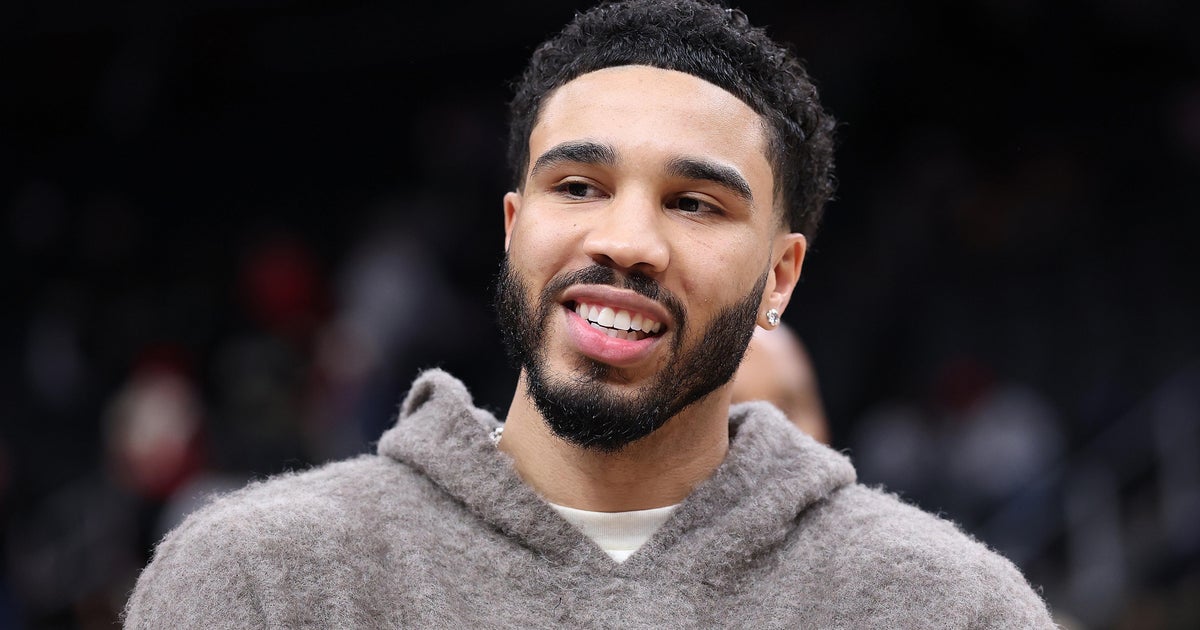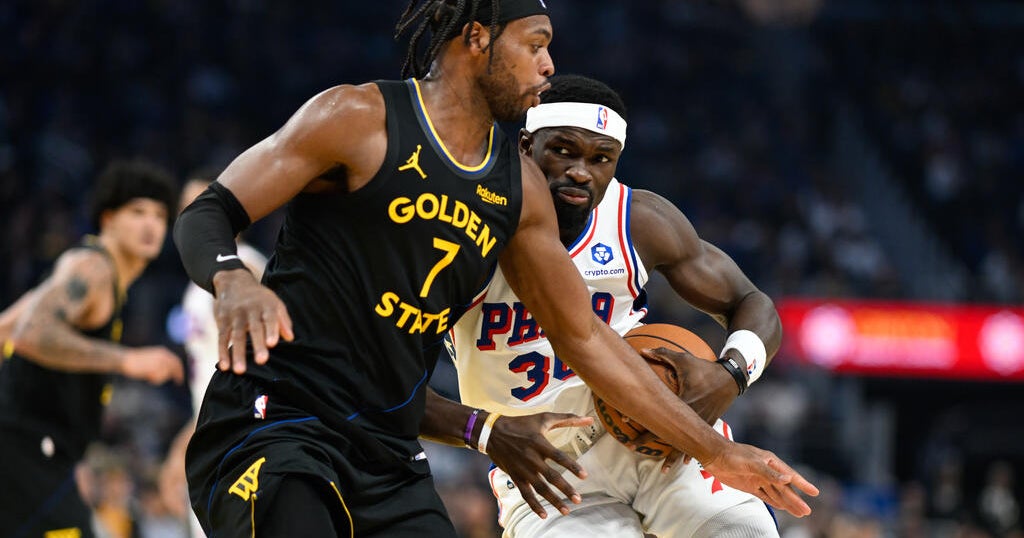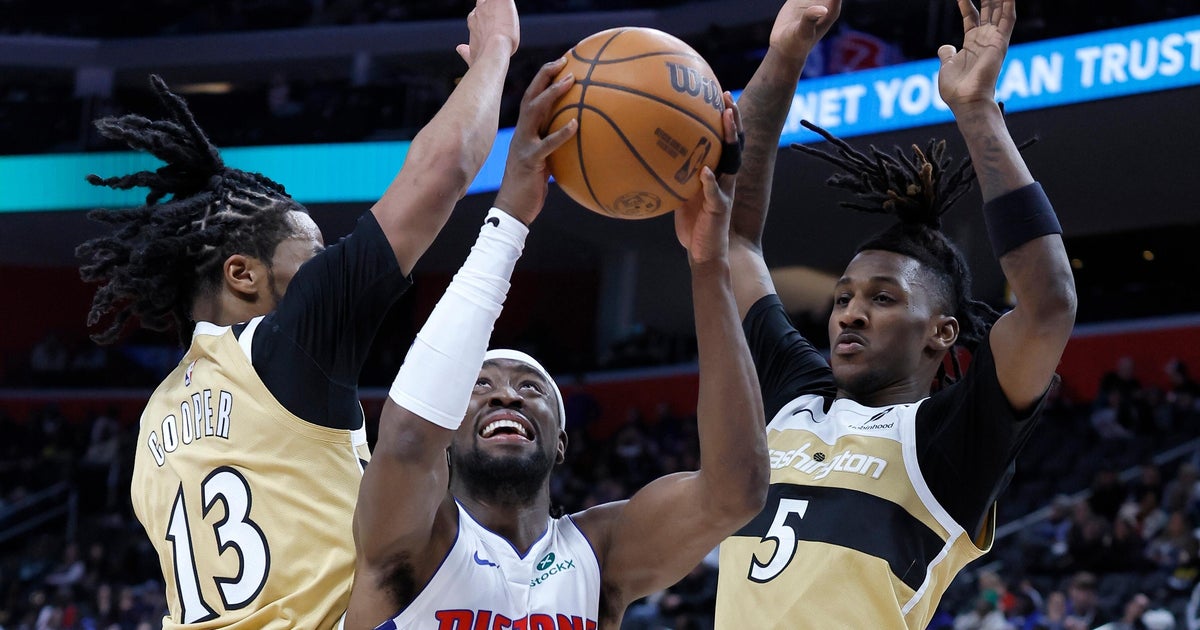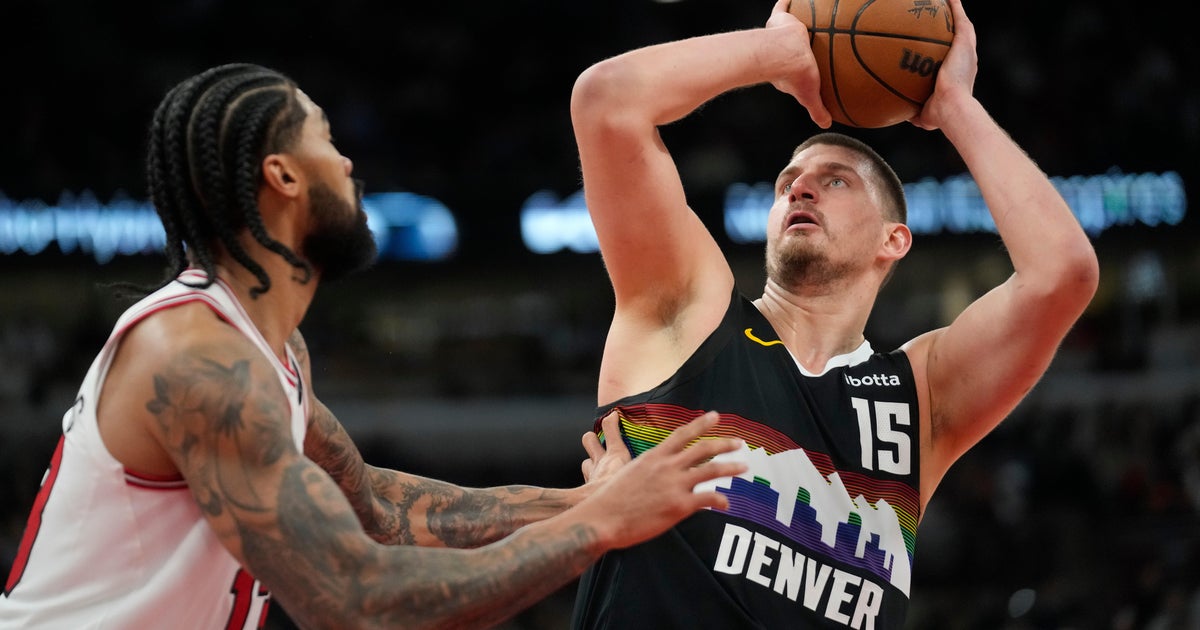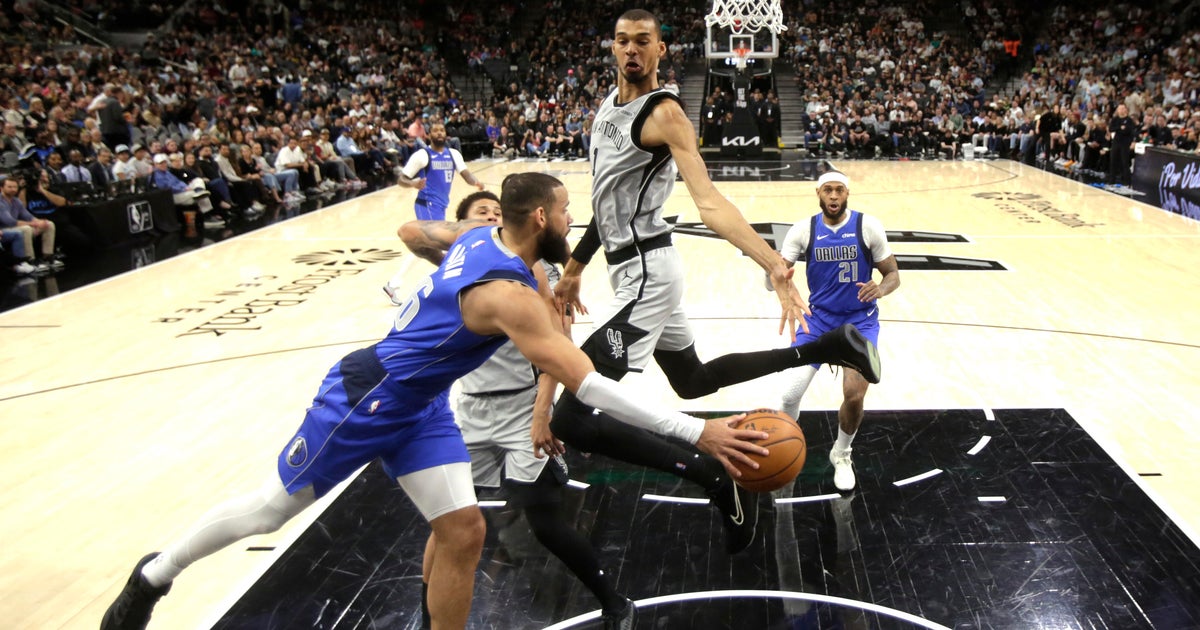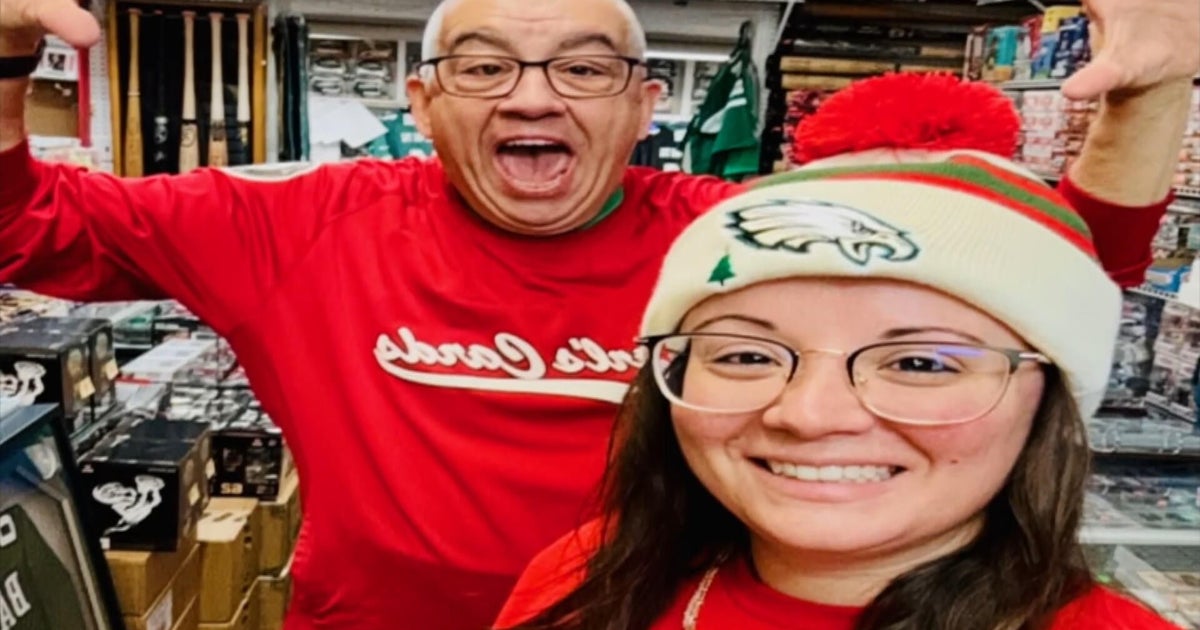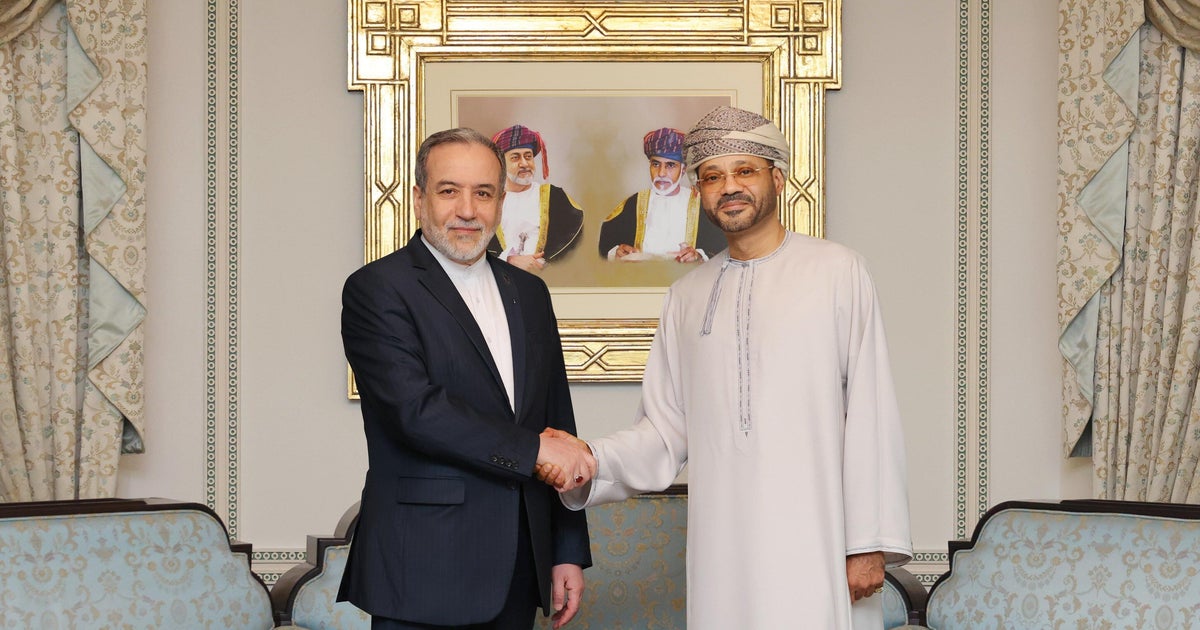Hurley: Brad Stevens more focused on what went right than wrong for Celtics ... and that's the problem
BOSTON -- After the Celtics lost Game 7 of the conference finals to an eighth-seeded Miami Heat team, which came after the Celtics had fallen behind 3-0 to the those eighth-seeded Miami Heat, which came after the Celtics needed a Game 6 road win and a Game 7 victory just to get past Philadelphia in the second round, which came after the Celtics required six games just to eliminate the far-inferior Hawks in the first round, many basketball observers in the region clamored for some change to come from the Celtics organization.
Brad Stevens, though, is looking at things a bit differently.
The president of basketball operations spoke to the media on Thursday, three days after the Celtics' season came crashing down with an embarrassing blowout loss in Game 7 on home court -- the second humiliating showing of the series for the Celtics. Instead of expressing too much disappointment, though, Stevens opted to note that the Celtics came close to reaching the NBA Finals.
"We're in an interesting situation because I think, you know, again, we're 48 minutes away from doing our pregame shootaround press conference today, right? Like, in the Finals," Stevens said. "So there was a lot that went right, and we can't lose sight of that. But we also are always going to be thinking about how to best move it forward and pursue what we're trying to pursue."
Unsurprisingly, then, Stevens backed Joe Mazzulla as the team's head coach, stating that he's the best man for the job.
"When you look at it in the big picture, having a team that was second in offense, second in defense, won 57 games and has a chance to go to the NBA Finals on your home court, there's a lot of direction and organization that goes into that," Stevens said. "I thought that he did a good job."
While it is true that the Celtics ranked second in the NBA in defensive rating during the regular season, they also only had the 10th-best defensive rating in the postseason. Of the six playoff teams that ranked lower, only one (Phoenix) made it out of the first round. Those six teams went a combined 11-25 in postseason play. Four of them won a single game or zero games. Clearly, the Celtics were in some rough defensive company in the playoffs. And in the Celtics' nine playoff losses, they allowed an average of 118 points per game.
Despite the obvious defensive struggles in the postseason, Stevens pushed back on the notion that defense was a problem for the Celtics.
"Well," Stevens said when asked about players stating that they couldn't get back to their defensive identity from a year prior, "I think the first thing you have to do is, OK, look at what's true, right? And we were the second-best defense in the NBA. Right? So something was good, too, right? And we were the second-best offense in the NBA in the regular season. So that usually portends to have to give you a great shot."
The Celtics unquestionably had a great shot. They just missed it.
They missed an opportunity to put away the Hawks -- without a suspended Dejounte Murray -- at home in Game 5, resulting in more work and another round-trip flight. They missed an opportunity to pounce on the 76ers -- without an injured Joel Embiid in Game 1 in Boston. They also missed the opportunity to ride the momentum of two straight dominant wins over Philly when they came back to Boston for Game 5 and got blown out on their home court.
Those misses, plus blowing Games 1 and 2 at home against the Heat, stood out as the major missed opportunities to Stevens. But he also used the way his team played when facing elimination -- they went 5-1, with three of those wins coming on the road -- as reason to believe in this team as constituted.
"I don't want to overreact. We have an incredibly resilient group. They're tough. With their backs against the wall, they're amazing. And at the same time, we came up short, and certainly, I thought a big part of coming up short was our early play in the last two series, especially in the Miami series," Stevens said.
He closed with a bit of a whopper: "We saw what we were like with our backs against the wall, with the exception of Game 7. We were pretty good."
Considering that Game 7 ended their season, and considering that it happened in Boston, and considering that it was a game where the Celtics lost the lead after eight minutes and never came close to getting it back, it's kind of an enormous exception.
Throughout the course of the near-30-minute session, much of Stevens' commentary sounded similar to Mazzulla's assessment after Game 1, when he noted that the Celtics had won three of the four quarters. Mazzulla ignored the fact that Miami outscored Boston 46-25 in the third quarter and won the game by seven. Likewise, Stevens' compliments of the Celtics' resilience overlook the fact that they kept putting themselves in bad positions, and that doing so ultimately cost them their shot at a title.
Are there elements of truth to Stevens' sentiments? Of course. Making the final four is difficult to do, and it requires a good team with chemistry and leadership to get there. If this were the first time for this Celtics core reaching that point in the season, then perhaps Stevens' comments would be less off-putting.
But this is now the fifth time in seven years that the Celtics have reached the conference finals, and the fourth time that the Jaylen Brown-Jayson Tatum duo has been involved. They've only made it out of the conference finals once, and that NBA Finals trip ended with three straight double-digit losses -- including two in Boston. The Celtics are among the best teams in the league but have yet to figure out how to stand as the top dog. That figures to be a problem, but comments like the ones made by Stevens on Thursday suggest the solution may not be coming soon.
For an organization that bills itself as having just one goal and being totally and completely championship-driven, there sure does seem to be a lot of time to take some pitstops to soak in the scenery during the course of that journey.
